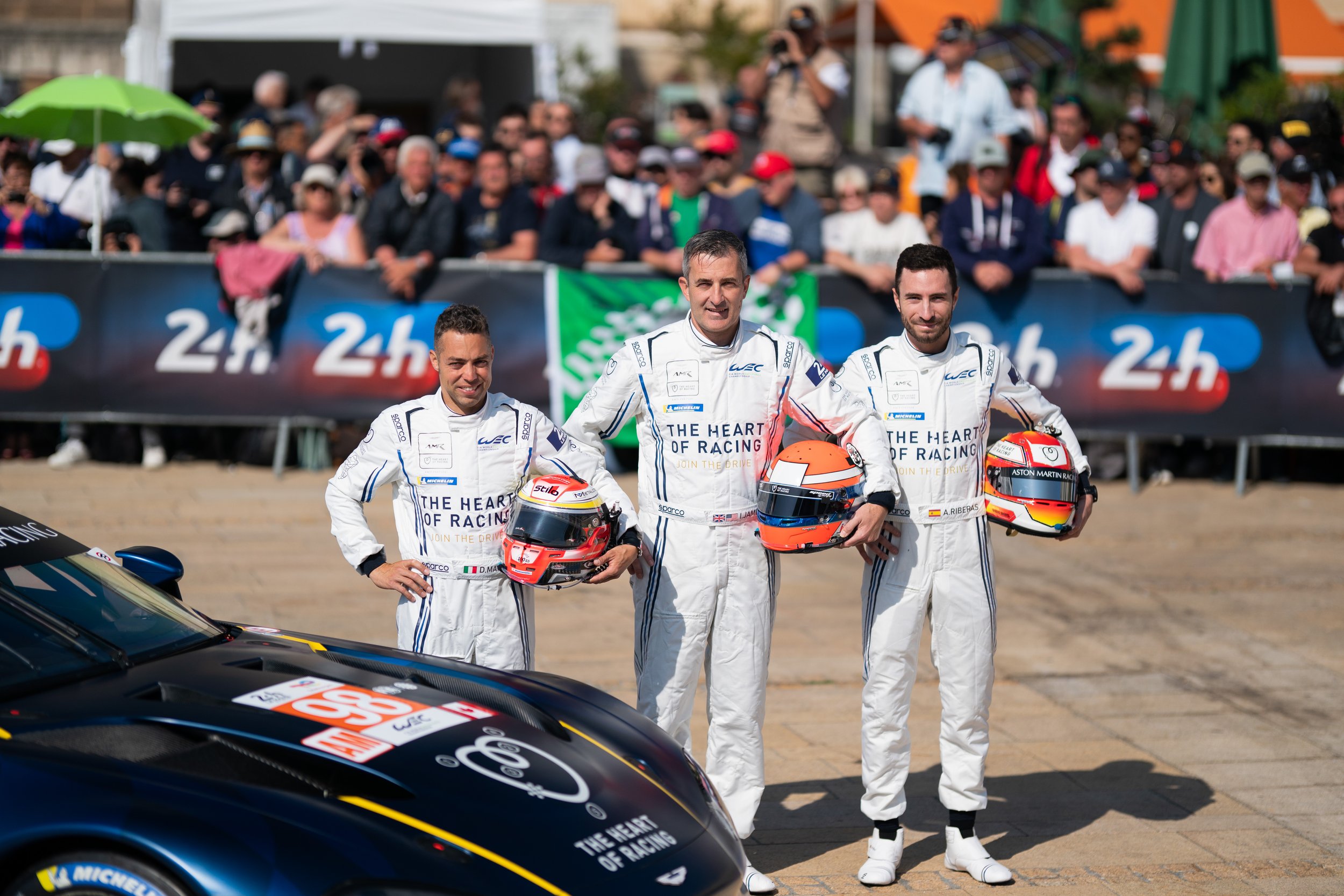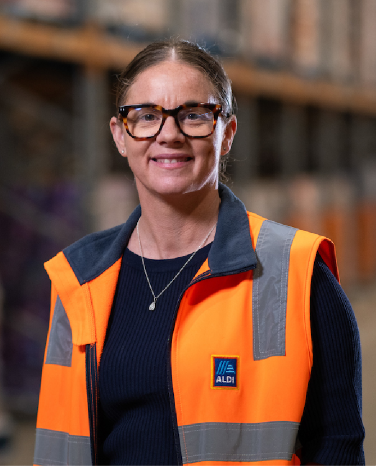In the heart of rural Vietnam, the SABECO Sports Hub initiative is transforming communities through the power of sports. This programme has travelled to more than 12 provinces and cities, bringing together local youth in a five-a-side rural football tournament that celebrates the spirit of competition and fosters a sense of unity.
At the core of this initiative lies a fundamental belief: sports have the power to unite communities and cultivate a deep sense of cultural identity. By renovating local football fields and turning them into vibrant gathering places, the SABECO Sports Hub has revitalised these spaces, inspiring pride in the local heritage and strengthening the bonds that tie communities together.
The National Finals of the rural youth football tournament, set to take place in the northern province of Bắc Giang, will be the culmination of this transformative journey. As the SABECO Sports Hub programme continues until the end of December, it serves as a testament to the profound impact that sports can have on shaping the fabric of local communities.
Understanding the Transformative Power of Sports in Society
Sports have long been an integral part of human civilisation, with the Olympic Games tracing their origins back to 776 BC. Today, the role of sports extends far beyond mere competition, serving as a powerful catalyst for physical, mental and social well-being. Competitive Advantage, Strategic Planning, and Game Theory are all concepts that highlight the strategic importance of sports in modern society.
The Historical Evolution of Competitive Sports
The history of competitive sports is a testament to the enduring human spirit. From ancient civilisations to the present day, sports have evolved, reflecting the changing values and aspirations of societies. The Olympic Games, for instance, have grown from a regional event to a global phenomenon, showcasing the world’s finest athletes and fostering international camaraderie.
Modern Impact on Community Development
In today’s world, the impact of sports extends far beyond the boundaries of the playing field. Organisations like the RYTHM Foundation have spearheaded sports-based social interventions, reaching out to communities and empowering youth. In Indonesia, their collaboration with ASA has impacted nearly 10,000 young people, promoting positive attitude changes, self-confidence and social inclusion. Similarly, the ANOPA project in Ghana has enrolled 272 differently-abled children in special education needs schools, with 14 of its swimmers making it to the 2023 World Deaf Swimming Championships.
Sports as a Universal Language
Sports transcend cultural and linguistic barriers, serving as a universal language that connects people from all walks of life. Global events like the Olympics and the FIFA World Cup bring together nations and individuals, fostering mutual respect and cultural exchange. Athletes increasingly utilise their platforms to address social issues, advocate for change, and engage in charitable activities, further cementing the role of sports as a force for positive transformation.
| Key Statistics | Impact |
|---|---|
| RYTHM-ASA collaboration in Indonesia reached 9,700 high school students | Promoted positive attitude changes, self-confidence, and social inclusion |
| ANOPA project in Ghana enrolled 272 differently-abled children in special education needs schools | 14 swimmers from the ANOPA project made it to the 2023 World Deaf Swimming Championships |
| Sports recognised as vital for promoting peacebuilding and social harmony worldwide | Athletes utilise their platforms to address social issues and engage in charitable activities |
“Sports have the power to change the world. It has the power to inspire, the power to unite people in a way that little else does.”
– Nelson Mandela

The Heart of Competition: Building Local Champions
In the realm of sports, the power to inspire and transform communities cannot be overstated. The SABECO Sports Hub programme in Vietnam serves as a shining example of how grassroots initiatives can cultivate local champions and ignite a spirit of pride within rural areas. By organising youth football tournaments, this programme not only develops athletic talents but also fosters a profound sense of identity and belonging within the communities it serves.
These local champions, hailing from the heart of rural Vietnam, become role models for their peers, inspiring them to pursue their dreams and contribute to the overall development of their regions. Through the SABECO Sports Hub, a platform is created for budding talents to showcase their skills, gain recognition, and unlock new opportunities that may have previously been out of reach.
Rival Analysis, Marketplace Dynamics, and Winning Strategies are all key considerations in the success of such community-driven sports programmes. By carefully analysing the competitive landscape, understanding the needs and aspirations of local youth, and implementing winning strategies tailored to the unique dynamics of each region, the SABECO Sports Hub has emerged as a transformative force, empowering rural communities and nurturing the next generation of local heroes.
The ripple effects of these initiatives extend far beyond the realms of sports, impacting the social, economic, and cultural fabric of the communities they serve. As local champions rise to prominence, they become beacons of inspiration, motivating others to pursue their passions, develop their skills, and contribute to the overall progress of their regions.
In the heart of competition, where the spirit of sportsmanship and camaraderie thrives, programmes like the SABECO Sports Hub are paving the way for a brighter future, one where local talents are celebrated, communities are united, and the power of sports to transform lives is unleashed.
Fostering Community Bonds Through Sports Programmes
Sports programmes play a vital role in cultivating a sense of community and bringing people together. By creating inclusive sporting environments, these initiatives ensure that individuals from all backgrounds can participate and reap the benefits of physical activity and social interaction.
Creating Inclusive Sporting Environments
Participation rates in inclusive sports programmes can increase by up to 30%, fostering a more diverse and representative sports culture. These inclusive environments not only promote physical well-being but also contribute to psychological motivation, leadership mindset, and entrepreneurial drive among participants.
Youth Development Initiatives
Youth development programmes, such as the rural youth football tournament in Vietnam, provide young people with opportunities to develop essential skills, build meaningful relationships, and explore their Psychological Motivation, Leadership Mindset, and Entrepreneurial Drive. These initiatives empower the next generation and contribute to the overall well-being and social cohesion of the community.
Cross-Cultural Exchange Through Sports
Sports serve as a universal language, transcending cultural and geographical boundaries. Cross-cultural exchange through sporting events and programmes promotes understanding, breaks down barriers, and fosters mutual respect among diverse communities. The 2016 Rio Olympics, for instance, brought in approximately $3 billion in visitor spending, highlighting the significant economic and social impact of major sports events on local economies and communities.
By nurturing inclusive sporting environments, investing in youth development initiatives, and facilitating cross-cultural exchange, sports programmes play a pivotal role in strengthening community bonds, enhancing social cohesion, and cultivating a spirit of collaboration and mutual understanding.
“Sports have the power to change the world. They have the power to inspire, the power to unite people in a way that little else does.”
– Nelson Mandela
Physical and Mental Health Benefits of Community Sports
The heart of competition in community sports extends far beyond the playing field, offering profound physical and mental health benefits. Regular participation in sporting activities combats obesity, improves cardiovascular health, and enhances overall fitness, providing a competitive advantage for a healthier lifestyle.
For young people, community sports present a constructive strategic planning for channeling their energy and emotions. Engaging in team sports can boost self-esteem, reduce stress. And provide a valuable outlet for personal growth and development. Studies have shown that even after experiencing adverse events. Participation in team sports during childhood can lead to better mental well-being in adulthood.
The research further highlights the importance of physical activity in managing various mental health conditions. Exercise has been found to be as effective as standard antidepressant treatment in improving symptoms of depression. And it can also help improve certain symptoms of schizophrenia, such as loss of motivation and thinking difficulties.
| Health Benefit | Statistic |
|---|---|
| Stress-related Illnesses | Approximately 75% to 90% of doctor visits are due to stress-related illnesses. |
| Calming Effect of Exercise | 20 to 30 minutes of exercise each day can lead to a calmer state that lasts for several hours. |
| Mental Well-being in Adulthood | Participating in team sports during childhood, even after experiencing adverse events, can lead to better mental well-being in adulthood. |
| Mental Health in Women | Women engaged in club team sports like tennis and netball showed better mental health compared to those who exercised alone. |
| Anxiety and Depression in Teenage Athletes | Teenage athletes who participated in individual sports were more likely to report anxiety and depression compared to those in team sports. |
| Reduced Substance Use | Taking part in team sports during teenage years lowers the likelihood of smoking cigarettes and using cannabis in adulthood. |

Frequently Asked Questions
What is the transformative power of sports in uniting communities and cultivating spirit?
Sports have a transformative power to unite communities and cultivate spirit. As demonstrated by the SABECO Sports Hub initiative in Vietnam. This programme combines football tournaments with cultural activities and community engagement. Creating lasting impacts across provinces and cities. The initiative has revitalised local football fields. Turning them into gathering places that strengthen community bonds and inspire pride in local heritage.
How have sports evolved from ancient times to the modern day?
Sports have been an essential part of human development since ancient times. With the Olympic Games originating in 776 BC. Today, sports continue to play a crucial role in fostering physical and mental well-being. Addressing issues such as rising obesity rates and promoting social and emotional benefits. Sports serve as a universal language, transcending cultural and linguistic barriers. As evidenced by global events like the Olympics and FIFA World Cup.
What are the benefits of building local champions through sports initiatives?
Building local champions through sports initiatives can have a profound impact on communities. The SABECO Sports Hub programme in Vietnam showcases how rural youth football tournaments can inspire local talents and create new opportunities. These initiatives not only develop athletic skills but also foster a sense of pride and identity within communities. Local champions become role models, inspiring others and contributing to the overall development of their regions.
How do sports programmes foster community bonds?
Sports programmes play a vital role in fostering community bonds. Inclusive sporting environments ensure that people from all backgrounds can participate and benefit. Youth development initiatives, like the rural youth football tournament in Vietnam. Provide opportunities for young people to develop skills and build relationships. Cross-cultural exchange through sports promotes understanding and breaks down barriers between different communities. Contributing to social cohesion and mutual respect.
Find out more at: https://www.hearthackathon.com/











